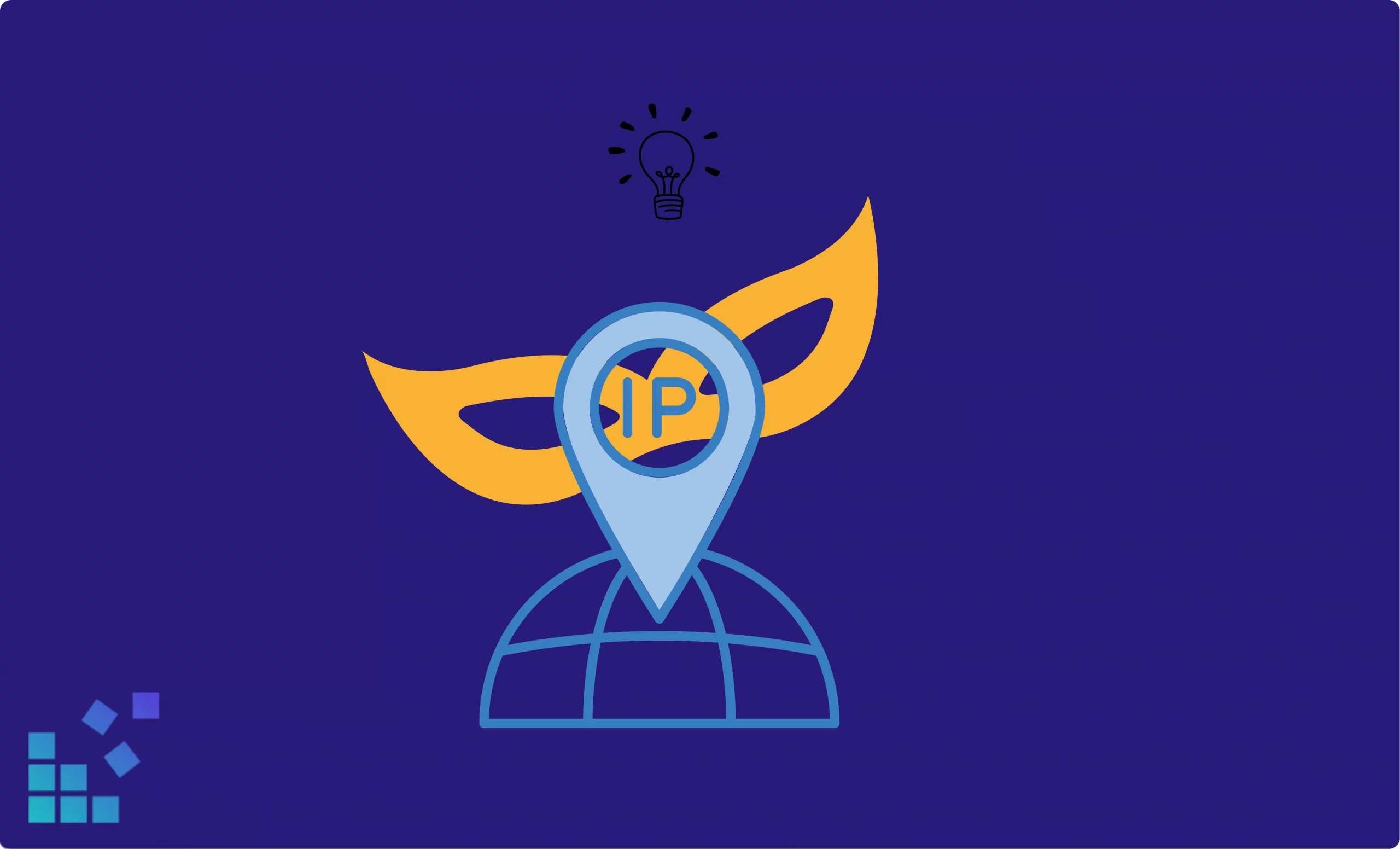
In this Article
As part of our daily activities, many of us use the Internet for work, entertainment, and communication. Every internet user, however, should know the potential dangers of using fake IPs and unreliable proxies. In this article, we’ll explain why you should avoid these risks and what safer alternatives are available.
What are IP Addresses and Proxies?
An IP address is a unique number assigned by your Internet Service Provider. It acts as a delivery address for online traffic. When you connect to a different Wi-Fi network or change your location, your IP address changes as well. Typically, ISPs provide dynamic IP addresses that change with each connection, though users requiring stable access can opt for static IP addresses.
Proxies, on the other hand, serve as a bridge between your device and the web, replacing your IP address with the proxy servers’. This makes it look like your activity is coming from a different location. Although proxies can help with privacy and encure stable cross-regional connection, using free proxies is risky.
Legitimate IPs and proxies come from trusted providers, offering secure connections and privacy. In contrast, fake or free proxies often carry risks like poor performance, lack of encryption, and vulnerability to cyberattacks.
IP Tracking: Who’s Watching?
First, let’s understand why IP tracking happens and whether it’s legal. Various factors drive IP tracking, including marketing, security monitoring to spot fraud, and geo-targeting to deliver content relevant to users’ locations.
Even though IP tracking can be useful, there are times when it raises issues. It’s like this: there’s the one who provides the internet and the ones who track it, which in our case are the ISPs. They assign your IP address and can monitor your online activities. Website owners can track IPs for analytics, advertisers for targeted marketing, and government agencies for law enforcement purposes. Hackers can use various tactics to get hold of your IP, such as phishing links, ad clicks, and even fake Wi-Fi hotspots. Stay cautious when browsing, filling out forms, or using public Wi-Fi, as your IP may be exposed.
Some main tips for online privacy:
- Use reliable Proxies and VPNs.
- Clear Cookies and Cache.
- Ad-Blocking tools.
Is it legal to track IPs?
Yes, user IP tracking is legal if it isn’t used for criminal purposes. Websites, apps, and your internet provider collect your IP along with other personal data following GDPR requirements. However, individuals can also find this information without any legal restrictions, unless their intentions involve hacking.
Free Proxies? Think Twice
A quick search for “free proxy” brings up a lot of results, but you might wonder, “Why should I pay for one?” The answer is that free proxies come with various drawbacks and potential dangers. Here’s why:
- Slow and inconsistent connections: Because free proxies are publicly available, anyone can use them. This often leads to slow connections, especially when the proxy is overloaded with users. The speed can vary, but it’s rarely stable.
- Blocked IP addresses: Many free proxy IPs are already flagged in spam or blacklist databases, so they might not work on popular websites or social platforms.
- Security risks: Some free proxies are linked to malicious activities, such as phishing or virus-infected networks, which can compromise personal data.
- Minimal security: Free proxies generally offer weak protection and may even pose a risk. Using them for sensitive activities like online banking could expose personal data to the proxy owner.
Safe Alternatives
Proxies and VPNs both help anonymize online traffic, but VPNs also encrypt data for extra security. With a reputable service like ZoogVPN, you can securely browse the internet and establish a reliable multi-regional connection without exposing your sensitive data. VPN is ideal for protecting sensitive information while browsing.
In addition to a VPN, consider using secure browsers and ad-blockers. These tools block unwanted ads and tracking scripts, reducing the risk of data collection.
There are also private search engines that don’t track your searches to keep your browsing habits confidential. Always look for websites that use HTTPS, as this protocol encrypts the data exchanged between your browser and the site, and don’t forget about Two-Factor Authentication (2FA).
Go for a Secure Proxy Solution
In conclusion, while the temptation of using fake IPs and free proxies may seem like a smart way to save money, the reality is often quite different. It can put you at considerable risk, including privacy violations and security dangers. Instead, investing in reliable solutions like high-quality proxies or VPNs helps you to stay focused with no worries about possible issues.
DataImpulse provides premium proxies for all your online requirements. Mobile, residential, datacenter proxies – you can choose the right ones for your purpose. With DataImpulse, you’ll benefit from:
- High-speed connections;
- 15+ million IPs from 194 locations;
- 24/7 support;
- user-friendly dashboard;
- pay-as-you-go model and much more.

